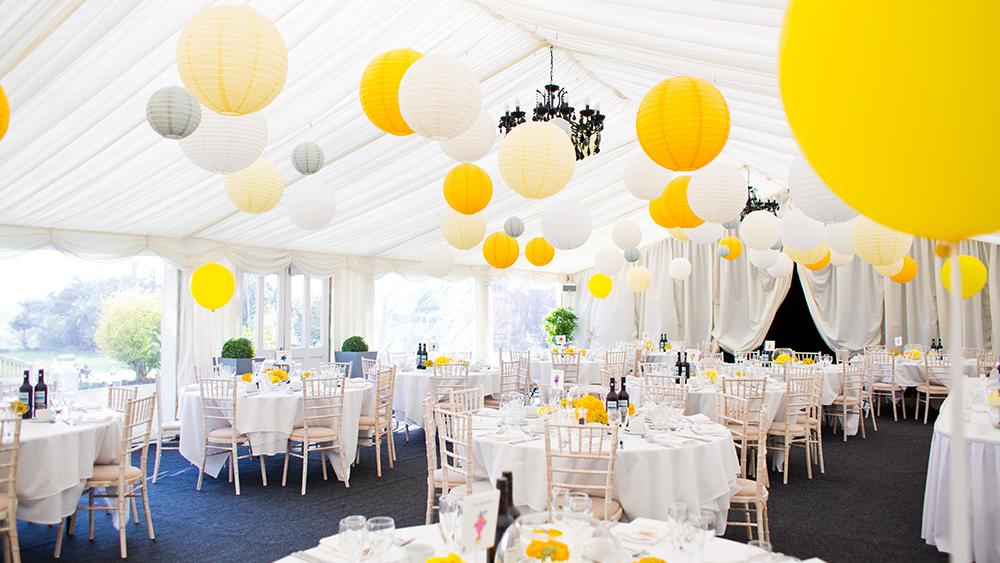The annual Moon Festival is one of the most important cultural dates in the Chinese calendar...
Falling on the 15th day of the 8th lunar month of the Chinese year, when the moon is said to be at its fullest and brightest in the sky.
The Moon festival originated in China around 3000 years ago; it is often alternatively referred to as Mid-Autumn festival, the Mooncake festival and The Lantern festival. Chinese culture is deeply embedded in festivals and celebrations in the same ways Westerners celebrate Christmas and Easter.
There are numerous stories surrounding the origins of the festival;
- The new moon at it’s brightest signalled the end of the summer harvest. This is when the farmers would sit around eating Mooncakes after a long days work.
- During the Yuan dynasty in China the Mongols overthrew the Chinese and treated them very poorly. The Chinese devised a plan to overthrow the Mongols and sent the Mongols Mooncakes with messages inside stating the time of the overthrow – the 15th day of the 8th lunar month.
- The Jade Emperor You Di was infuriated that a town killed his goose. In order to avenge the killer the Emperor threatened to set the town alight. The town’s people hatched a plan to decorate the town with Silk Hanging Lanterns, from a distance it looked like the town was alight and the Emperor left.
- The Moon Festival is also a romantic festival. The perfect night for the Moon Festival is one without a single cloud in the sky and a gentle breeze from the sea. Lovers spend the evening of the festival together celebrating with Mooncakes and drinking wine. Mooncakes are Chinese pastries with a thick filling of red lotus seed paste accompanied by wine or Chinese Tea.
Today, the Moon Festival is often celebrated amongst family and friends, with the day consisting of families visiting temples, eating Mooncakes and hanging lanterns around their homes and villages. The festival is also celebrated widely across the world in Chinese communities in areas of Europe, America and the Far East.
The Hanging Lantern Festival is also celebrated quite significantly in Vietnam, called Tet Trung Thu. The Vietnamese version of the holiday and reason behind the Hanging Lantern Festival is the legend being of Cuoi.
Cuoi’s wife accidentally urinated on a sacred Banyan tree, taking him with it to the Moon. Every year during the Moon Festival children light Lanterns and participate in a procession through the towns to show Cuoi the way back home.

